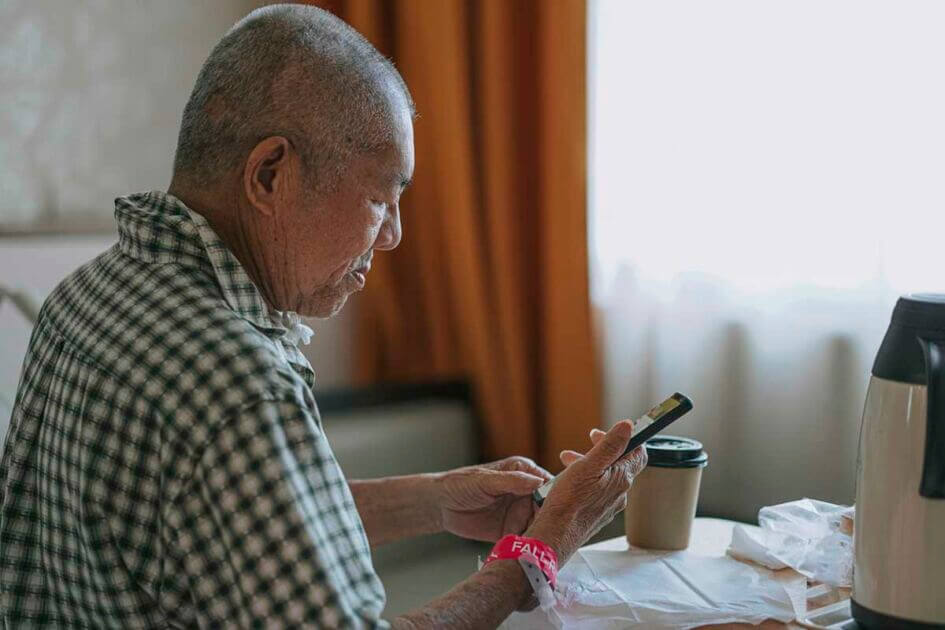While wearable devices have shown great promise in reducing potentially fatal hypoglycaemic events, the findings of a small, new study highlight some of the challenges that the use of continuous glucose monitoring (CGM) can present for older people. The study aimed to establish whether vulnerable, older adults with diabetes could use CGM technology, and explored frequency of hypoglycaemia.
Ten adults with type 1 or type 2 diabetes aged 50–85 years, who were patients at a safety-net institution in the US, were enrolled in a small pilot study. They were helped to use a CGM device and physical activity monitor, as well as smartphones and electronic medication bottles. The participants reported problems with the CGM device adhesive and often required assistance with the interpretation of graphs.
Subsequent similar testing involved 70 patients, with a mean age of 60 years. At baseline, 23% never checked their blood glucose, about half reported no regular meal routine and 67% reported previous hypoglycaemia. Almost all had used a smartphone at least twice in the week before enrolment.
During the 2-week study, 73% of participants experienced hypoglycaemia of ≤70 mg/dL (≤3.9 mmol/L), while 42% had clinically significant hypoglycaemia of <54 mg/dL (<3.0 mmol/L). Nearly one third of daytime smartphone prompts went unanswered by participants, while 24% reported that CGM devices became detached.
Worry or fear about low blood glucose was reported as worse during the study by 1.4% of participants, unchanged by 79% and better by 20%.
The authors suggest that opportunities exist to improve the wearability of this technology and to decrease hypoglycaemia frequency in this population. CGM remains a valuable tool for use in older people, and the challenges faced can often be addressed with education and training.
The full study can be read here.






